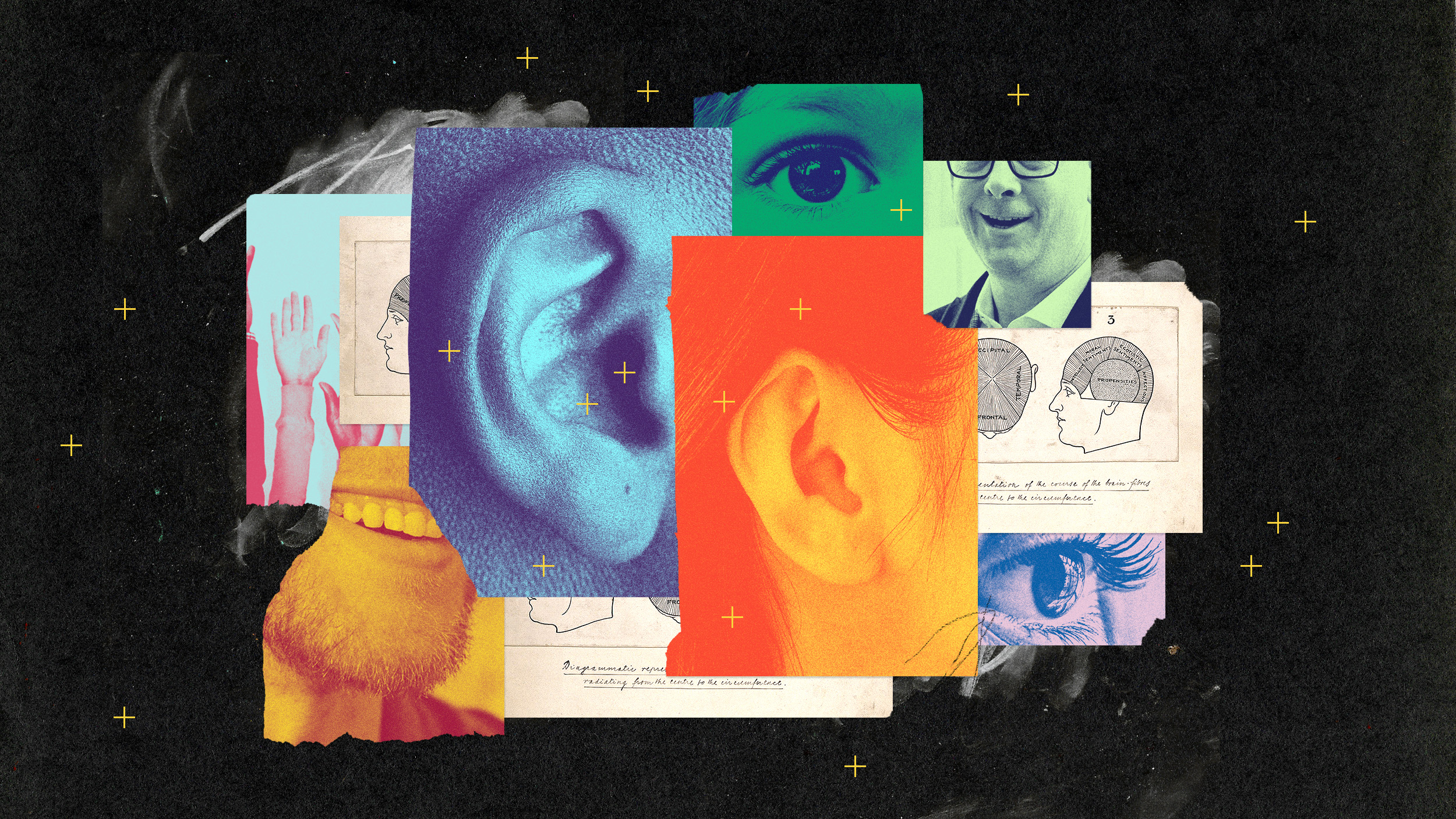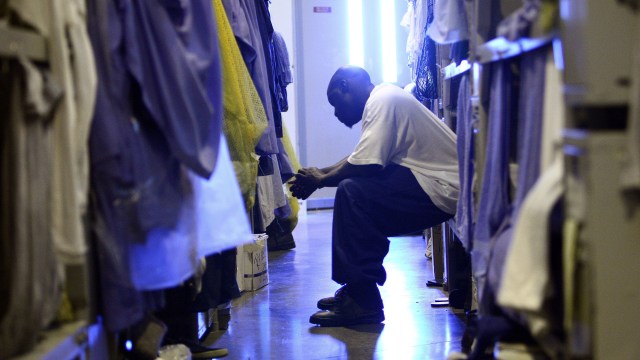New Research Suggests Working Out With a Friend, Even Online, Makes You Healthier

That exercise is a social activity is not surprising. For millions of years our forebears physically worked together to provide shelter, craft rudimentary tools, hunt, and gather. If anything is strange today it’s how little we need to use our bodies to survive, which helps account for so many of our physical and emotional problems.
Nature designed in us a biological need for movement. In the past century this primal need has manifested in gyms and fitness studios. The current explosion in boutique and chain fitness—in 2015 over 30,000 clubs raked in $27 billion from 55 million members—is indicative of this essential component of being human. While some prefer solitary exercise, most like to share the experience with a partner (or two, or ten).
Being socially active is the main reason I’m drawn to teaching group fitness, which has accounted for half of my career since 2004 (and complements the solitary time spent writing and editing nicely). There’s nothing like stepping inside of a room of ten to fifty people a dozen times a week to move, sweat, stretch, be challenged, and laugh together. While anecdote is not data, the inspiration fitness enthusiasts derive from others is unquestionable.
Yet data are important, and new research from MIT Sloan School of Management’s Sinan Aral and Christos Nicolaides appears to back this theory up. While this particular research is focused on running, I’ve witnessed similar trends in many formats, especially yoga and studio cycling. As it turns out, your friends don’t even have to live near you—social media is helping foster this trend as well. As the NY Timesreports,
Using data from surveys and postings on social media, scientists have reported that obesity, anxiety, weight loss and certain behaviors, including exercise routines, may be shared and intensified among friends.
Part of the reason such data have been difficult to track in the past is due to the unreliability of proclaimed workout regimens compared to how much people actually work out. Fitness trackers don’t allow fibbing. The researchers collected over five years of data from over a million runners, who collectively clocked in nearly 225 million miles.
First they assessed individual runners, whose identities were hidden. Then they compared it to friends they were connected with via their tracking device. They noticed similar training patterns even if the runners were separated. Realizing that runners could simply gravitate toward other runners on the same training level, the researchers took a novel approach: they investigated five years of weather patterns as well.
Weather, it turns out, did not dissuade one friend who saw their counterpart clocking in an extra ten minutes that day. They would put in at least an extra three, or run harder, even in inclement conditions. Risk of lagging behind proved to be a necessary catalyst for upping the ante.
The effects were most pronounced, the researchers found, if one runner had previously been a little slower or less in shape than a friend but showed signs of overtaking a friend’s performance. The threat of falling behind provoked that friend to run harder and longer.
I witnessed this trend in action two weeks ago. Having purchased an Apple Watch, I was in ownership of a relatively new Fitbit that was about to collect dust. So I mailed it to my best friend, Dax, who lives in Brooklyn. Being a longtime hiking buddy, I knew he’d put it to good use.
Then Dax came to visit me in Los Angeles. On his first day he mentioned how much he’s been using the Fitbit. He linked online with a co-worker who lives in another state and is determined not to let her beat him in steps—or, at least, stay within range. His count was low that day, given the fact that he’d been on a flight. He logged in as we were about to head to dinner, baffled that she had taken an above-average 13,000 steps.
At that moment my wife was about to drive just a block away from where we were going. She asked if we needed a ride. Being committed walkers, we would have passed regardless, but given this walking revelation Dax shook his head no. He needed a two-mile round trip so as not to lose face.
Which, obviously, is in good humor. But it helps. I admit that I live in a fitness bubble, being that my days are spent inside gyms. When I travel, as I did to Las Vegas last weekend, and see the shape many people are in, I wonder what social networks they engage with, and wonder how they could be supported in a healthier community. Being in an exercise-fueled environment with like-minded people—even virtually, as this study shows—is critical in maintaining good health.
We’ve lost so many pieces of our past in the last century. We eat differently, connect differently, and move differently. Some are wonderful examples of evolution—fitness trackers that you can use to connect to a world of others, for example. Habits that have made our bodies foreign to us are not in this category. Moving our bodies with others is one habit we can’t afford to let slip away.
The researchers hope to study other modalities of fitness to see if similar patterns emerge. Yet, as stated, I’ve seen results for a long time now. Staying healthy is never just about you alone. Your friends, family, and those you encounter in a store (or online) are all affected by your mental and emotional state, which is directly correlated to your physical state. We know staying social extends our life. That it keeps us moving is yet another reason to stay connected to the right people.
—
Derek’s next book, Whole Motion: Training Your Brain and Body For Optimal Health, will be published on 7/4/17 by Carrel/Skyhorse Publishing. He is based in Los Angeles. Stay in touch on Facebook and Twitter.





